Published: April 27, 2022 | Last Updated on: April 27, 2022 | by Hema
In case you’ve been wondering, here’s everything you need to know about Zinc Drops for Infants, including benefits, dosage and precautions.
Jump To hide Everything You Need To Know About Zinc Drops for Infants Benefits of Zinc for Infants Are Zinc Drops for Infants needed? Dosage of Zinc Drops for Infants References: Buy Healthy Nutritious Baby, Toddler food made by our own Doctor Mom !If I were to ask you to list the top nutrients you focus on including in your child’s diet, what would you answer? Most probably, your list would include iron, protein and Vitamin C, or perhaps fiber too. What many parents today would miss out on is a nutrient that’s crucial but not that talked about – zinc!
Zinc is one of the essential trace elements required by the human body for several functions. It was given the status of essential nutrient in 1963, and is as abundant in the body as iron. Even though the body requires zinc for many crucial processes, it doesn’t have the ability to store zinc, which means we need to consume zinc on a regular basis to maintain its levels in our bodies. Here is the recommended dietary allowance for zinc for children:

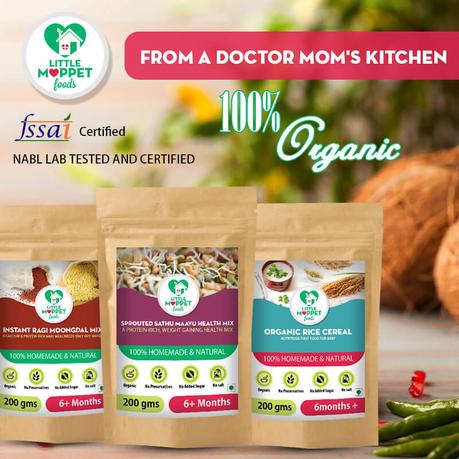
- 0–6 months – 2 mg
- 7–12 months – 3 mg
- 1–3 years – 3 mg
- 4–8 years – 5 mg
- 9–13 years – 8 mg
- 14–18 years (male) – 11 mg
- 14–18 years (female) – 9 mg

In case you’re wondering where we can get our zinc from, these are the foods most rich in zinc:
- Shellfish like oysters or crab
- Chicken breast
- Fish like flounder
- Red meat like beef or pork
- Dairy products like yogurt or cheese
- Dried beans and legumes
- Nuts and seeds like almonds, cashews or pumpkin seeds
- Mushrooms
- Fortified whole grains like oats
While there are both plant and animal sources of zinc, the plant-based sources are generally considered to be lower quality. This is because beans and whole grains contain certain substances that affect the absorption of zinc by the body. Due to this, vegans and vegetarians may require up to 50% more of the RDA than others.
Now, all this is generic information for the entire population, but let’s get down to what this means for our little ones. How does zinc help babies? Do you need zinc drops for infants? How should you go about it? Let’s find out!
Everything You Need To Know About Zinc Drops for Infants
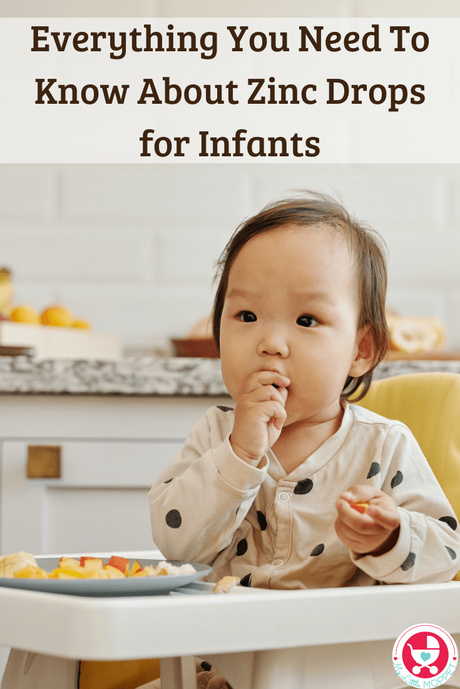
Let’s begin with realizing why zinc is important for babies.
Benefits of Zinc for Infants
1. Immunity – Babies are born with some natural immunity, but it’s not strong enough yet. The natural immunity gets additional support from zinc to increase the number of killer cells and to improve immune response. Increasing zinc intake has been shown to reduce incidents of respiratory illnesses from common cold to pneumonia.
2. Recovery – While zinc helps keeps illnesses at bay, it also supports faster healing and recovery. Zinc helps stabilize body temperature and oxygen levels when the child is ill, and also shortens the time of a fever or cold. Zinc also enables the skin cells to regenerate faster, encouraging quicker would healing.
3. Vision – Zinc improves the absorption and maintenance of Vitamin A levels in the body, and together these nutrients help improve vision and encourage the development of healthy eyes in young children.
4. Teeth and Bones – Zinc is essential for producing collagen, which is a protein that supports the formation of bones as well as cartilage. Sufficient zinc in the body ensures strong bones and enough cartilage for healthy joints. Zinc also aids mineralization required for healthy teeth and bones.

5. Growth – The years before the 5th birthday are the most crucial when it comes to growth and development, and zinc is essential for this to happen. Zinc helps improve appetite, encouraging babies and kids to eat better. Studies have shown that increasing zinc in the diet of young children lead to improved height and weight.
6. Gut Health – The relationship between gut health and overall wellbeing is becoming increasingly clear, and this is another area zinc is important. Zinc increases the production of stomach acid, which helps digest food and absorb nutrients better. Zinc is essential for the metabolism of all the macro and micro nutrients the child eats.
7. Antioxidant Function – Zinc is not just any nutrient – it is also an antioxidant that fights the formation of free radicals that could potentially damage cells in the body.
8. Enzyme Function – Zinc is essential for the functioning of various enzymes, particularly in the liver and intestine. Zinc is also required for insulin function, protein synthesis, nerve conduction and normal gland function.

Since zinc has so many important functions in the body, it is obvious that a deficiency can cause many issues. This is particularly prevalent in children under five, since they are growing quickly at this stage and their brains use up micronutrients quickly. If these nutrients are not replaced in time, it can lead to a deficiency. Here are some of the effects a shortage of zinc can cause:
- Stunted growth and later milestones
- Decreased motor development
- Poor memory, reduced concentration, learning disabilities
- Frequent diarrhea, colds and skin infections
- A higher (three times more) risk of respiratory infections
- Low appetite and weight gain
- Delayed wound healing and recovery
Are Zinc Drops for Infants needed?
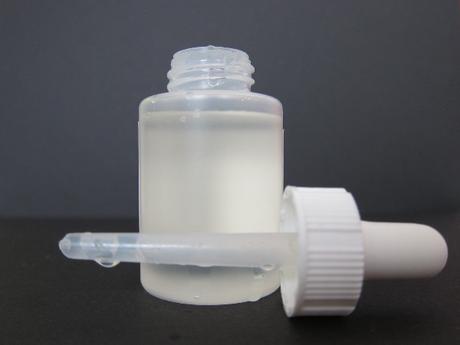
The first way babies get their zinc is from breast milk, which is also the best way to get it since it is readily absorbed by the body. Breastmilk contains an enzyme that binds to zinc and helps the baby’s intestine to absorb it. Breast milk provides about 2 mg of zinc a day till about 6 months, assuming the baby is exclusively breastfed during these months.
However, after 6 months, the zinc levels in breast milk fall, and now this alone will not be sufficient to meet the baby’s growing needs. As a result, many babies end up being deficient in zinc, as soon as they cross the 6 month mark. Here are some stats that show how serious the issue is in India:
- India is ranked 2nd in the world when it comes to zinc deficiency among malnourished children
- 2.1 million Indian children under 5 years die every year due to diarrhea, pneumonia, typhoid and measles, diseases preventable with adequate zinc
- In five major Indian states, over 43% of children in low socioeconomic groups are deficient in zinc
- India was labelled as a ‘high risk country’ for zinc deficiency by the International Zinc Nutrition Consultative Group (IZiNCG)
- Globally, the WHO estimates that zinc deficiency causes 750,000 deaths every year
As you can see, the stats are rather dark when it comes to zinc deficiency, especially for Indian children under five years. Children of this age group are more vulnerable to falling ill and even dying due to infectious diseases like diarrhea and respiratory illnesses. This is why ensuring adequate zinc intake is so important for babies and young children.
As mentioned earlier, the 6 month mark is where we need to start focusing on introducing zinc-rich foods in the baby’s diet. However, as you may have already noticed, not many of those foods may be suitable for young babies, like shellfish or dairy. Many parents delay introducing meat or chicken till later, and some homes may be vegetarian or vegan, which means that animal sources of zinc are off limits. The zinc available from plant sources is of poor quality, so this means that we have to resort to supplementation, in the form of zinc drops for infants.

Several studies have been conducted in countries like India, Bangladesh, Mexico, Guatemala and Chile which show that introducing zinc drops for infants and young children can reap several benefits. All the children who were part of the studies showed better growth, both in terms of height and weight. It also reduced infant mortality by 68%, especially when it came to infectious diseases.
Here are some more benefits of zinc drops for infants:
- Boosts immunity and protects against common infections
- Increases height and weight
- Helps reach milestones on time
- Improves gut health and digestion
- Speeds up recovery
- Improves cognitive function
Besides these fundamental benefits, some children have certain medical conditions that require an increased amount of zinc, more than the RDA. These can be any of these:
- Downs Syndrome
- Sickle Cell Anemia
- Thalassemia
- Acrodermatitis Enteropathica
- Crohn’s disease
- Tropical/Non-tropical Sprue
- Celiac disease
- Cystic Fibrosis
- Ulcerative Colitis
- Intestinal Parasites
Dosage of Zinc Drops for Infants
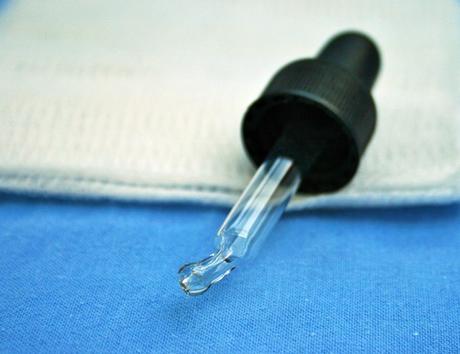
The main active ingredient in zinc drops for infants is zinc oxide, available in liquid form. They are often bland or tasteless, although some brands may be slightly sweet. The dosage varies according to the baby’s weight, and is usually between 10-20 mg for children under five. Zinc drops for infants usually come with a dropper, which makes administering the medicine easy.
If you’re having trouble giving your baby the zinc, you can add it to water or baby’s puree or porridge. The bland flavor of zinc drops ensures that it doesn’t change the taste of the food baby is familiar with. For children over one, you can try adding it to dairy since lactose increases the absorption of zinc.
Getting zinc from food is unlikely to cause an overdose, but you have to be careful when using supplements like zinc drops. When using zinc drops for infants, avoid cooking baby’s food in galvanized cookware, since they are zinc-plated and can cause an upset stomach. Similarly, avoid intranasal zinc since it can cause a loss of smell.
Generally, zinc is considered safe with no side effects if taken in the appropriate dose. In rare cases, the zinc drops may cause nausea or a metallic taste. However, an overdose may cause symptoms like nausea, vomiting, drowsiness or diarrhea. There are also some conditions that make zinc drops unsafe for babies, like these:
- Allergy to zinc or products containing zinc
- Copper deficiency, which can get worse
- Consumption of medications like antibiotics, blood pressure medicines or immunosuppressants
If you notice any rash, itching, difficulty breathing or swelling in the face or throat, your baby may be allergic to zinc and needs to be rushed to the hospital.
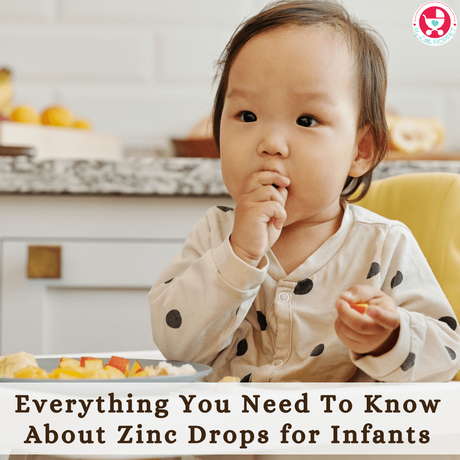
References:
Centers for Disease Control and Prevention (CDC)
The American Journal of Clinical Nutrition
National Prescribing Service (NPS Australia)
Journal of Health, Population and Nutrition
Journal of Health, Population and Nutrition (Zinc Status in South Asian Populations)
Buy Healthy Nutritious Baby, Toddler food made by our own Doctor Mom !
Shop now!You may also like
- Homemade Cough Drops [Ginger Lemon Honey Cough Drops] for…
![Homemade Cough Drops [Ginger Lemon Honey Cough Drops] for Kids Homemade Cough Drops [Ginger Lemon Honey Cough Drops] for Kids](https://m5.paperblog.com/i/701/7011545/everything-you-need-to-know-about-zinc-drops--L-zPcj8X.jpeg)
- Top 20 Home remedies for Cough and Cold for Babies and…

- Home Remedies for Dry Cough in Babies and Kids

- Does my Baby/Toddler need Iron Supplements?
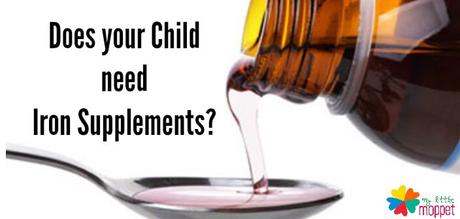
- Egg Pudding for Babies (Without Sugar)

- Is Raw Honey safe for Children?

Filed Under: Uncategorized
